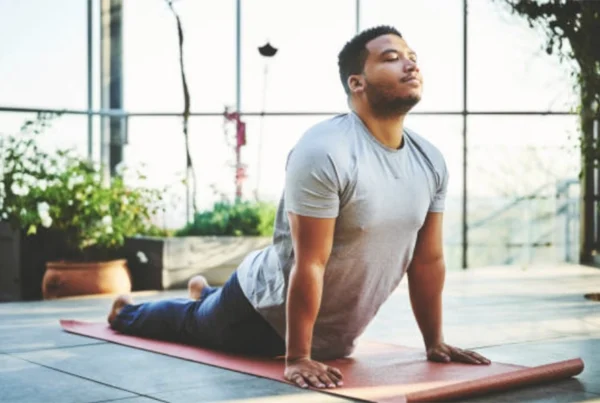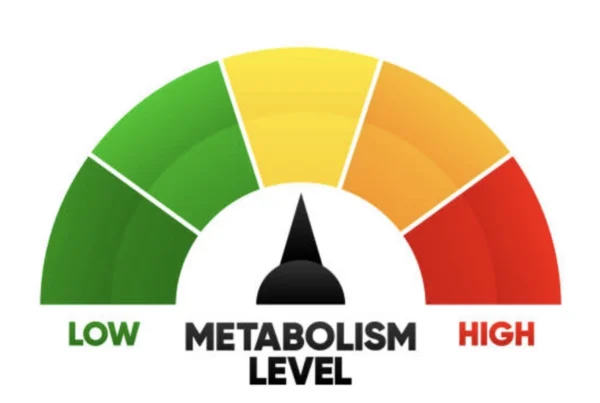It’s been reported that cardiovascular disease causes more than a quarter (27 per cent) of all deaths in the UK, and now a new study has revealed that cholesterol plays no part in heart disease, suggesting that we have still got a lot to learn.
Dr Robert Kelly, however, Chief Medical Officer of fitness and wellness monitoring service, Vtuls, believes this is not entirely true and we should look at reducing cholesterol to help prevent illnesses such as heart disease.
Dr Kelly commented: “The recent report from BMJ highlights a provocative commentary that high cholesterol is not associated with mortality. That may be the case in selected circumstances, but we all know high cholesterol is associated with cardiovascular mortality, heart attacks and strokes. So, as European, UK and USA guidelines emphasise, we should lower weight, limit excess fat and sugar intake, exercise at least 120 minutes per week, limit alcohol consumption, stop smoking, prevent diabetes and hypertension, and get checked out medically to avoid our own risk of heart disease and strokes.
“There are also good scientific, unbiased, randomised clinical trials that show a strong cardiovascular mortality reduction for secondary prevention of heart disease by taking cholesterol lowering drugs across all ages. The BMJ article, while provocative, is based on a very selective biased view of evidence, both by some of the authors and their study design, rather than a truly comprehensive unbiased systematic review.”
According to the British Heart Foundation, 155,000 people die of cardiovascular disease (CVD) every year in the UK, which can equate to 425 people a day, or one person dying every three minutes. It has also been claimed that cardiovascular disease has an astonishing economic effect on the UK, including indirect costs from premature death and disability, estimated to be over £15 billion each year, with healthcare costs alone estimated at up to £11 billion a year.
Cardiovascular disease and health is something that is very close to Jas Saini, founder and creator of the virtual health and wellness service, Vtuls. After relocating from India, Jas’s mother was diagnosed with high cholesterol and high blood pressure, following a poor diet and lack of exercise. Heart disease followed, with his mother dying in her 50s due to a second stroke.
Jas himself has also suffered illness as a child after being diagnosed with polio, which can cause paralysis. Luckily for Jas he didn’t suffer permanent paralysis, but did lose a lot of muscle in his leg, which in turn became very weak. This, however, did not stop him from turning to sport, and through regular exercise he has been able to complete marathons and continues to live an active life, playing squash and running regularly.
Now, he has made it his mission to raise awareness for heart health and overall wellbeing in the UK by introducing a revolutionary service that offers people the opportunity to help change their lives.
Jas Saini commented: “The purpose of Vtuls is to marry the data from fitness trackers with advice from healthcare professionals. It takes every individual’s complete health data and turns it into information that can help you to take control of your bodyweight, fitness levels and potential health problems such as CVD. Using such a health tool can help you to highlight and treat potential problems possibly before you notice any symptoms, thereby leading to a longer and healthier life.”
Dr Robert Kelly also commented: “Vtuls aims to empower people to monitor their health by measuring risks and to help users to do something about lowering their personal risk of heart disease and stroke. This might include measuring blood pressure, food intake, frequency of exercise and body weight checks, combined with advice on how to improve general health and wellness.”
Vtuls is currently running a crowdfunding campaign via Indiegogo so as to launch their life-lengthening service throughout the UK.
For more information visit: www.vtuls.com







